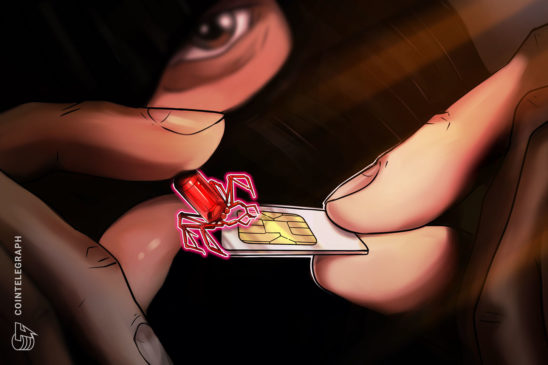In the US alone, over $55m has been stolen through SIM swapping attacks since 2018. NEM, a blockchain-based ecosystem, believes that decentralized apps could provide a meaningful solution to this problem.
According to NEM, they’re working with a solution called “FIX Network”, which was established to help mobile subscribers secure private keys and transactions on SIM cards.
The network leverages a blockchain-based protocol to support the security and privacy of mobile subscribers, NEM explains:
“This unique architecture will allow mobile operators to deliver services such as digital identity management, cryptocurrency wallets, and personal data firewalls, all enabled by the safekeeping of private keys on the subscribers’ SIM cards.”
Aiming for mass adoption
One of the features, FIX ID, aims to prevent fraudulent activities by identifying participants through subscriber-owned global phone numbers.
NEM expects that mobile carriers are able to use FIX Network to provide OTT services such as crypto wallets, mobile banking, and ID management. However, they clarified that the FIX ID feature won’t be blockchain-based. It will instead rely on decentralized characteristics that follow the philosophy of the FIX network solution.
Edwin Terek, co-founder at FIX Network, shed some light about the purpose of the solution:
“Our exhaustive search for an appropriate platform led us to converge on NEM’s Symbol, as we are confident as this technology includes the features, security, reliability and interoperability between private and public blockchain networks to fulfill our current and future requirements. We are proud of our technology partnership with NEM.”
Latest SIM swapping cases
Recently, Reggie Middleton, the chief executive of crypto company Veritaseum, sued telecommunications provider T-Mobile for allegedly enabling the theft of $8.7 million worth of crypto in a series of SIM-swapping attacks.
Californian Richard Yuan Li, 20, was charged on June 11 with conspiracy to commit wire fraud for his role in SIM-swapping attacks. These attacks targeted at least 20 individuals. He was also charged for the attempted extortion of a New Orleans-based doctor and a cryptocurrency investor known only as “Investor A.”




